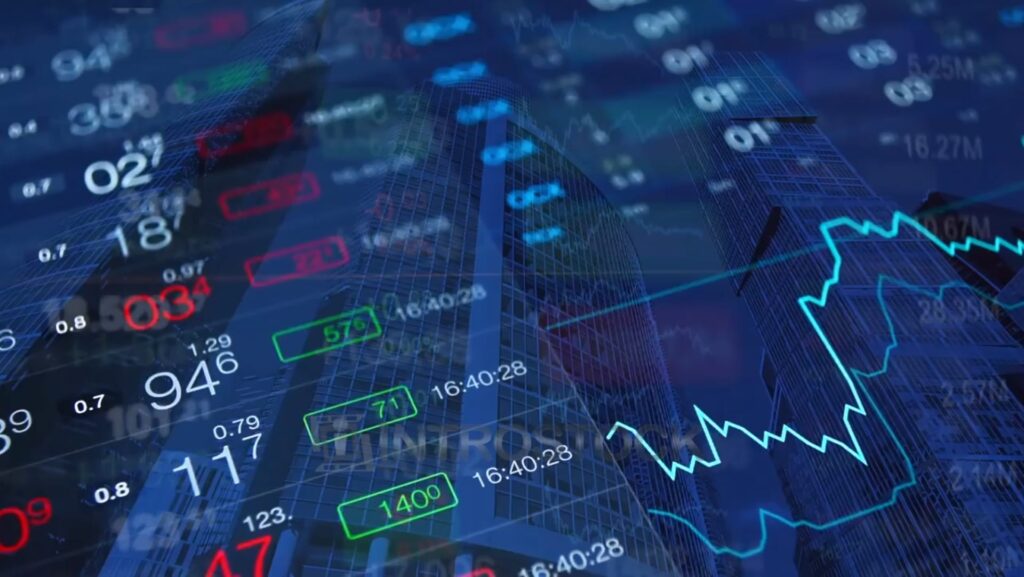Forex is wildly popular, but it is more than a fad. The currency market has existed for centuries. Although now it is the largest in the world, it still continues to grow. Given the immense turnover, it is tempting to partake in the activity.
Online trading brings real profits to those who can learn. Global brokers allow millions of people to monetize their financial knowledge. Here is how to begin a Forex career in South Africa.
Where to Start

Look for a registered Forex broker in your area. As trading is legal in the country, residents may choose home-grown or global companies. Big brands have obvious advantages. Aside from serving millions of clients, they receive oversight from reputable entities like the CySEC. The broker will provide the knowledge, tools, and support you need.
The Internet has an abundance of educational resources. Google the subject, and you will be flooded with articles, videos, podcasts, and other material. YouTube has dozens of channels devoted to Forex, some of which are hosted by renowned experts with decades of experience. Not every source can be trusted, though. It is best to ask your broker for recommended resources.
Every rookie’s journey should begin with demo trading. This is a great way to apply theory to practice, as you can study all features of your platform. The training mode is accessed through a demo account. It is easy to set up – provide your basic contact details and look for login and password in your inbox.
Thus, take advantage of all the trusted sources you can find. Fx trading has been researched for decades, so there is no shortage of advice. Study your brokerage site for details of popular strategies, and try using them in practice. The longer the training stage – the better. Of course, this sounds dull, but you are sure to regret rash decisions.
From Training to the Real Deal
It is crucial to remember that Forex trading is risky. Any form of investment carries a certain degree of risk. Impressive returns are never completely safe. A savings account is a reliable way to keep your money, but the interest can hardly cover inflation. The highest Forex profits can be achieved in volatile markets or by trading large volumes. Inexperienced traders are advised to play safe.
To begin real trading, open a live account through your broker. Now, you can make deposits and trade with real money. Giants like Forextime provide affordable entry. Some accounts can be opened with as little as $10.
Thanks to leverage, clients of the ForexTime can open positions worth more than their deposits. This scheme requires experience. For example, if the ratio is 1:100, you can open a trade for $10,000 having just $100 in your account. The broker maximizes your buying power, so you can also gain higher returns. The risks, however, are also higher.
The Logic of Currency Trades

In essence, the thinking here is similar to that in other markets. Traders buy or sell their instruments in order to make a profit. All currencies form pairs that are classified as Major, Minor, or Exotic depending on the economies they represent. The South African rand is paired with the US dollar.
A typical example of a Major is EUR/USD. The price for the pair shows how many US dollars (quote currency) you need to spend to buy 1 Euro (base currency). As the rates are always changing, the Euro may either appreciate or depreciate against the US dollar. Both trends can be profitable if you foresee them.
The general principle of the stock market is buying low and selling high. Forex is no different. If you expect a decrease, sell your instrument before it plunges. Later, you can buy back more lots for less. When growth is anticipated, traders buy larger volumes, so they can sell them for more. But how are predictions made?
Approaches to Decision-Making
The market is always in flux. Currencies gain or lose value under the influence of many factors. From interest rates to diplomacy, there is a lot to analyze. Luckily, the software will provide all relevant updates, so you can keep track of important changes. Those who focus on news events adhere to fundamental analysis.
Technical analysts look at past price data. They seek patterns that are likely to repeat themselves. Every market goes through ups and downs all the time. The basic principle is that trends tend to reappear over time. This method is focused on price charts that are included in trading platforms.
Managing the Risks

Like any form of investment, Forex is not risk-free. No single trader has the power to move the market. You can and should make the risks manageable by employing thoughtful strategies.
First, it is important to set stop loss and take profit for each position. These parameters allow you to exit at a desirable price and avoid excessive losses. Secondly, portfolios should be diversified. Once you master Forex, consider adding more instruments like stocks, precious metals, and derivatives like CFDs. This way, you will be managing a range of different assets. Diversification is an effective method. It will bring down your overall risk and boost potential profits.
Trading psychology is also a subject worth learning about. In the currency market, decisions must be made based on facts and figures, rather than hunches. Emotions are every trader’s enemy. Strong feelings like fear, joy, or panic may cause us to behave irrationally, opening trades when we really should not do it.
This is why traders should work mindfully. It means always being aware of motivations behind your decisions. Experts recommend keeping a trading journal. Note down any comments related to the positions you take.
Becoming a Forex Trader
A trader capitalizes on price changes. They use technical or fundamental analysis (sometimes, both). The best points for entry and exit are rarely obvious. Fortunately, educational opportunities are extensive. Forex can be mastered by anyone who is really willing to trade.







